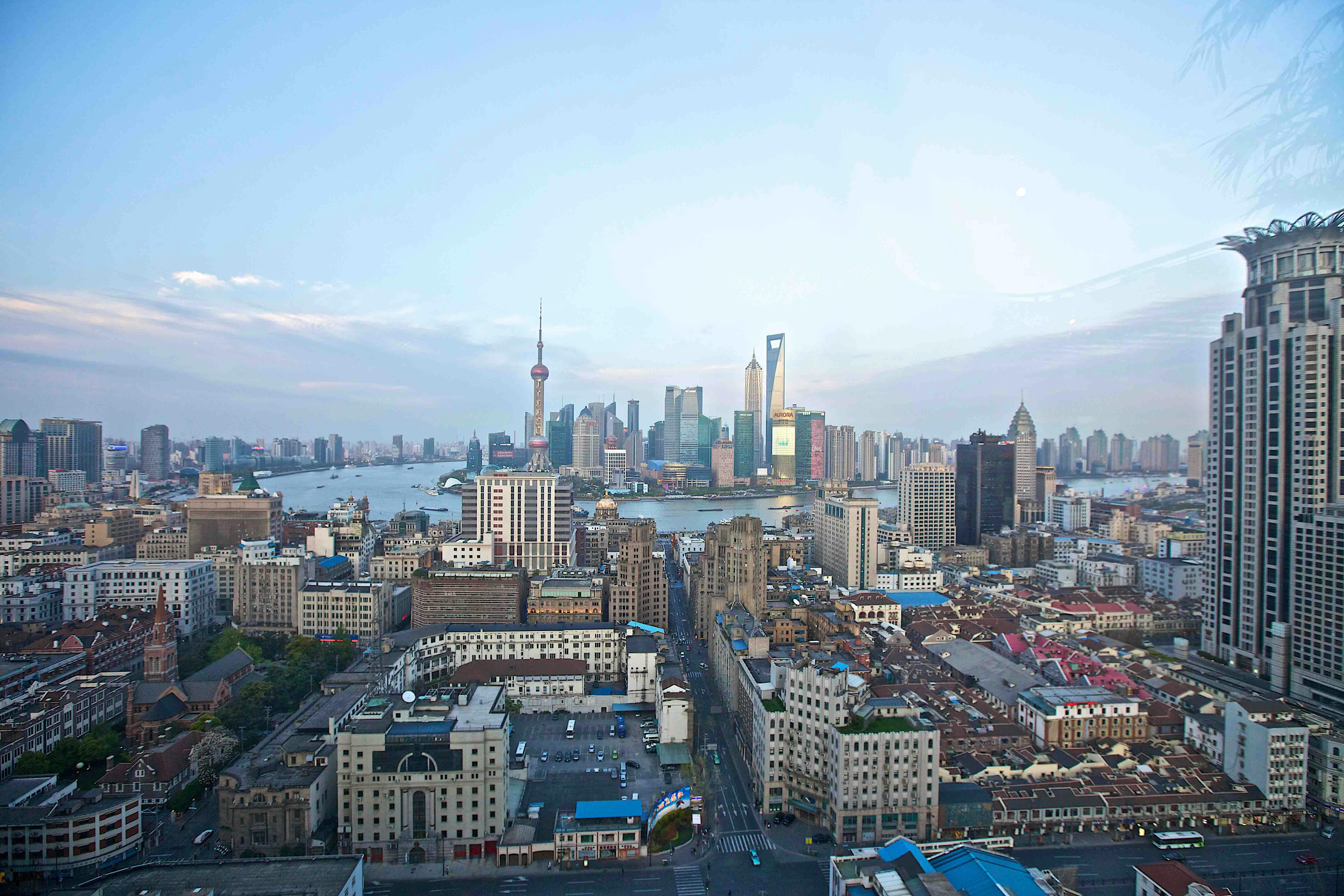Chinas Rising Office Vacancies: A Sign Of Broader Economic Woes

In recent times, China has been grappling with an increasingly visible problem: a surge in office vacancies across the nation. This trend, which has seen vacancy rates climb even higher than during the peak of the COVID-19 pandemic, is a clear indicator of deeper economic challenges facing the country.
The Broader Economic Slowdown
China's economic landscape is currently characterised by a deceleration that has sparked concern both domestically and internationally. Traditionally, China has been a powerhouse of economic growth, with GDP figures often surpassing expectations. However, recent data suggests a stark shift, with growth rates falling below the robust levels that the world has come to expect. This slowdown is not just a statistical anomaly but a reflection of several underlying issues.
One of the most critical factors contributing to this economic lull is the crisis in the property market. For years, the real estate sector has been a pillar of China’s economy, driving not only construction but also related industries like steel and cement. However, the sector is now facing severe debt issues and plummeting property values, leading to a sharp decline in new developments and investment. This crisis has eroded consumer confidence, resulting in reduced spending and a broader economic downturn.
The Office Market Under Pressure
The office vacancy issue in China is not merely a consequence of the broader economic slowdown but also a result of specific dynamics within the office market itself. In recent years, many Chinese cities underwent a construction boom, resulting in a significant oversupply of office spaces. This glut of available space has been exacerbated by changing work patterns, particularly the shift towards remote and hybrid working models that the pandemic accelerated. Many companies now require less physical office space, contributing to the rising vacancy rates.
Furthermore, China’s technology sector, which was once a major consumer of office real estate, has been hit hard by a combination of regulatory crackdowns and economic headwinds. This has led to reduced expansion plans, and in some cases, companies are downsizing, further reducing the demand for office spaces.
Government Efforts to Combat the Slowdown
Recognising the gravity of the situation, Chinese authorities have implemented a series of measures aimed at stabilising the economy. The People's Bank of China, the country’s central bank, has cut interest rates and lowered reserve requirements for banks in an effort to stimulate lending and economic activity. These monetary policy measures are designed to encourage businesses to borrow and invest, thereby boosting economic growth.
In addition to monetary measures, the Chinese government has also ramped up fiscal stimulus. This includes increased spending on infrastructure projects and the introduction of tax incentives to spur growth in various sectors. In the property market, where the crisis is most acute, the government has eased restrictions on home purchases in certain cities, aiming to revive the sector and restore confidence among both developers and consumers.
Broader Implications
The rise in office vacancies has far-reaching implications beyond the immediate concerns of empty buildings. For property developers and investors, these high vacancy rates could translate into significant financial losses, potentially affecting the stability of the banking sector, which is heavily exposed to the real estate market.
Moreover, this situation is prompting cities to reconsider their urban planning strategies. With so much excess office space, there may be a shift towards repurposing these buildings for other uses, such as residential housing or community facilities, aligning with broader urban development goals.
Finally, the challenges in the office market may accelerate China’s economic restructuring efforts. As the country moves towards a more consumption-driven and service-oriented economy, reducing its reliance on construction and heavy industry, the current situation could serve as a catalyst for this transition.
In conclusion, while the high office vacancy rates in China are a pressing issue, they are also a symptom of the broader economic challenges the country is facing. How China navigates this complex period will have significant implications for its future economic trajectory and the global economy at large.
World Liberty Seeks Federal Trust Charter
World Liberty Financial, the crypto venture backed by the Trump family, has applied for a US national bank trust charter... Read more
Saudi Banks Tap Overseas Markets
Saudi Arabia’s banks are borrowing from international markets at their fastest pace on record, as lenders try to squar... Read more
Amazon Continues To Cut 16000 Gone
Amazon has announced plans to cut a further 16,000 roles from its corporate workforce, extending the cost and organisati... Read more
The UK May Have A Voice In Ai
Europe’s AI sector has grown accustomed to playing catch-up. Capital has flowed more slowly than in Silicon Valley, va... Read more
Musk Applies Pressure To BT
Britain’s broadband market has spent the past decade locked in a familiar pattern. Incumbents invested heavily in fibr... Read more
Blackrock Sees EMEA Moving Into Private Assets
BlackRock has warned that investors across Europe, the Middle East and Africa are reshaping portfolios in response to wh... Read more

